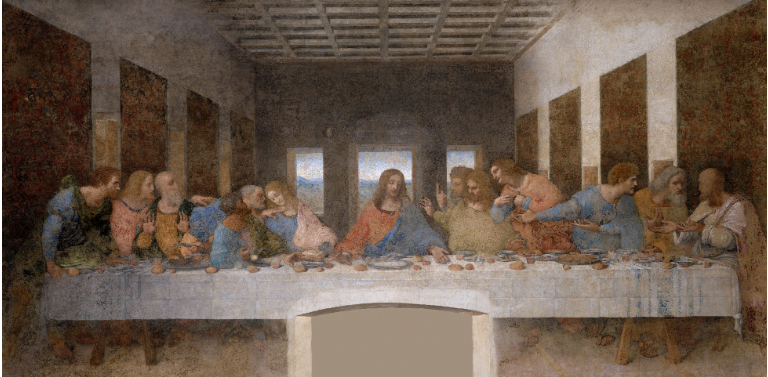Characters Too Good to be Bad
- Kiara Aggarwal
- May 2, 2025
- 3 min read
By Abhi

If you ask me, I’d choose the villain over the hero any day. Maybe it’s because I grew up swooning over vampires and werewolves. But beyond the childhood crushes and gothic aesthetics, there’s a deeper fascination. One that literature and TV shows have often tuned into.
We’re not talking about villains anymore. Pure evil is rarely romanticized. We’re talking about morally gray characters who commit horrible, unimaginable crimes but somehow, there’s an invisible string that allures us to them.
It makes me wonder: is there always a little good in something bad? Is anyone ever completely evil?
We’ve all seen the internet romanticize characters like Loki (Marvell Universe), Joe Goldberg
(You), The Darkling (Shadow and Bone) and if no one says it, I will: most of them get a pass
because they’re good looking. It's a truth we can't deny. If these characters were conventionally
unattractive, they wouldn’t get half the recognition.
I don’t blame anyone because I’m guilty as well. Is it really a crime to overlook a few murderous
tendencies when the guy is charming, witty, and painfully attractive?
Most of the time, the fine line between villain and hero becomes less about right or wrong and
more about who looks good doing it, often reinforcing the idea that beauty or charisma can
justify even the most questionable actions.
There’s also the fact that heroes often feel... flat. Don't get me wrong, they’re great. But most of
them have the same “save the world” personality. Morally gray characters offer a refreshing
change. Their unpredictability, complexity, and bad choices gravitates us towards them. They’re
allowed to be selfish, wrong, impulsive and maybe that is why they feel more real.
Take Draco Malfoy (Harry Potter), arguably one of the worst characters. He bullies others
projecting his insecurities, and never really grows up. Yet the internet has romanticized him
endlessly. Why? Because we’ve learned to sympathize. His pain and pressure make him more
tragic than terrifying.
That’s one of the key reasons people like these characters: we see their trauma. We forgive
because we understand. Or at least, we want to.
And when a morally gray character becomes someone’s love interest? Our judgment softens
even more. If someone in the story can love them, why shouldn’t we? They deserve love and are
capable of it. They’re charming, they have potential for change, and they’re not beyond
redemption — so cut them some slack.
Now that I’ve explained why these characters are loved, let’s talk about a couple of them.
I hated Cardan (The Cruel Prince) at first. He was despicable, petty, cruel, and arrogant. And yet,
he somehow became my favorite. Because as the story unfolds, we see his layers. We see that
he’s hurt. He softens. He grows. And while that doesn’t erase his cruelty, it humanizes him.
Then there’s Joe Goldberg from You. He sees himself as a protector, a romantic. But his actions?
Stalking, manipulation and murder. He’s not a hero. Yet his narration, his delusions and twisted
justifications make him hilarious and unsettling. He gaslights himself so well that sometimes we
start to believe him, too.
When the villain narrates the story, our judgment bends.
Now that we’ve unpacked why these characters are so beloved, let’s talk about something even
trickier: what if they’re not entirely wrong?
Characters like Killmonger (Black Panther), Light Yagami (Death Note), Magneto (X-Men) their
actions are extreme, but their ideologies challenge broken systems. Killmonger’s rage comes
from historical injustice. Magneto’s violence stems from fear and survival. Light wants to build a
utopia, even if it becomes a dictatorship. Are they evil or are they just unheard voices, pushing
back the only way they know how?
But where does this actually lead us? Is it really okay to minimize all that these characters have
done? Is an awesome screenplay and compelling storytelling blinding us to their actions like
stalking, manipulation, violence, murder?
Maybe, just maybe, we’re all rooting for these morally gray characters because they let us
vicariously rebel against a world that demands perfection.
It’s a lot easier to follow someone who embraces their flaws than someone who pretends they
don’t exist.
So when we are drawn towards these characters, is it really them we love?
Or is it the comfort of watching someone make all the wrong choices?



Comments